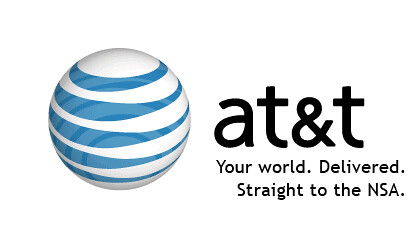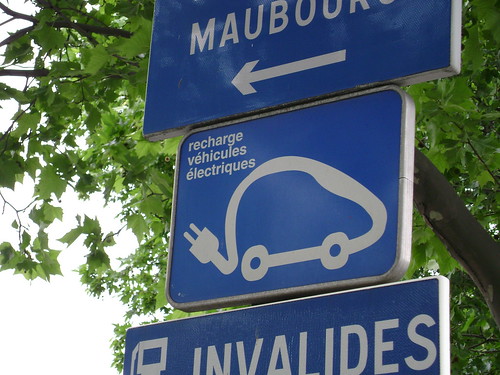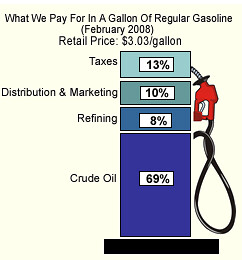Inspector General: USDOT has hands full tracking stimulus funds
(Source: Federal Computer Week)
The Transportation Department has established a special team to oversee the $48 billion it is slated to receive under the economic stimulus law, said Calvin Scovel, DOT’s inspector general. 
The Transportation Investment Generating Economic Recovery team would make sure that the department provides accountability and transparency for the massive amount of additional funding authorized by the law, Scovel said in testimony before the House Appropriations Committee’s Transportation, Housing and Urban Development, and Related Agencies Subcommittee today.
However, dealing with that large infusion of money, which must be distributed quickly and with the limited staff resources available, will force the department to limit its focus on its mission of transportation safety, Scovel said.
DOT must balance the quick distribution of funds to create jobs with significant oversight of that money and the $70 billion the department spends annually on safety and mobility projects, he said. The stimulus funds would flow through existing DOT program spending, most of which is channeled to the states in the form of grants, he added.










